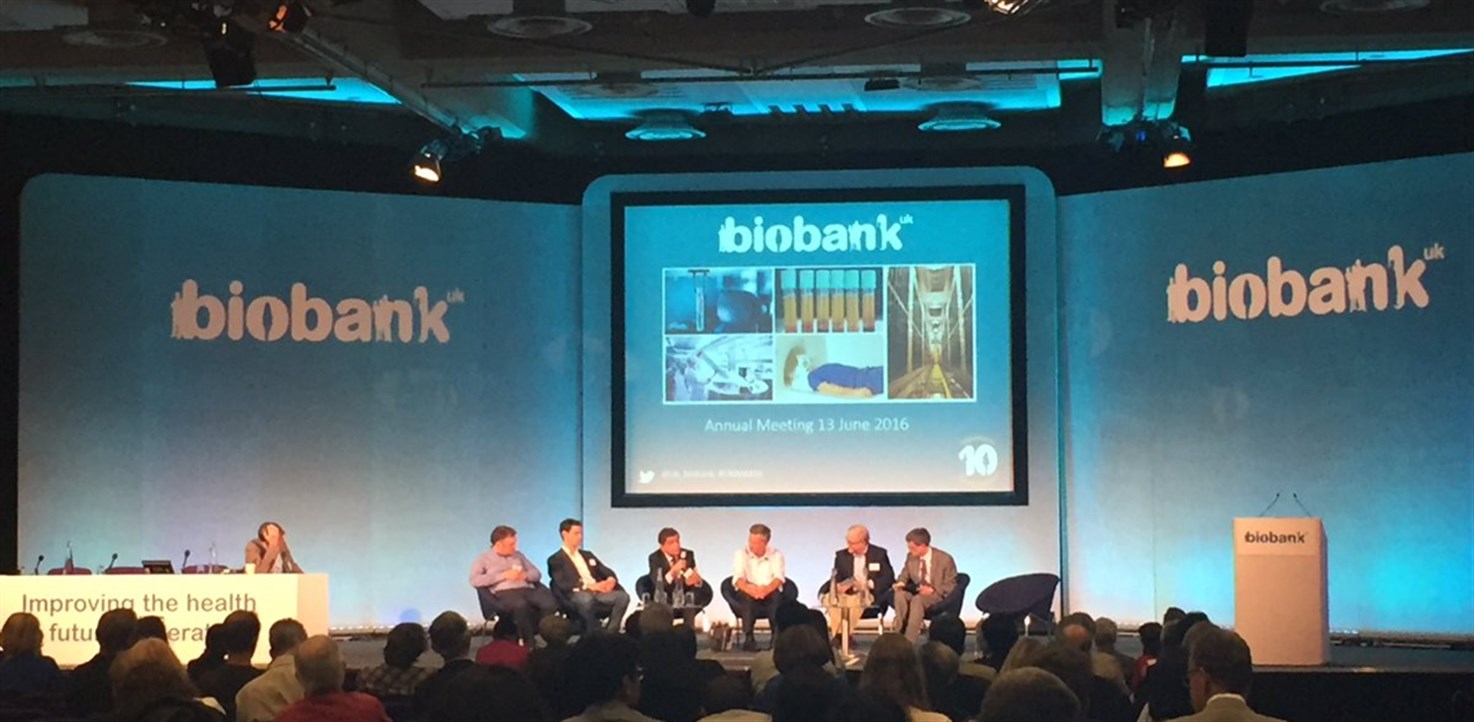UK Biobank collects health data from thousands to combat disease
The UK Biobank releases exciting first results that were generated via the massive UK Brain-Mapping Project.
 The UK Biobank has been collecting health data from UK citizens for 10 years with the aim of improving the prevention, diagnosis, and treatment of a wide array of common, life-threatening diseases such as cancer, heart disease, forms of dementia, arthritis, and depression.
The UK Biobank has been collecting health data from UK citizens for 10 years with the aim of improving the prevention, diagnosis, and treatment of a wide array of common, life-threatening diseases such as cancer, heart disease, forms of dementia, arthritis, and depression.
The project recruited 500,000 people between the ages 40-69 from 2006-2010 to collect physiological samples like saliva, blood, and urine, as well as other physical measurements. In the long term, this data will help scientists understand the physiological changes that are related to diseases that commonly occur in old age.
Additionally, the study is now recruiting 100,000 participants to have MRI’s taken of their vital organs, including the brain. Often patients do not know they have certain diseases until symptoms appear; however, it is likely that there are markers in the brain that signify diseases before those diseases ever express symptoms. By taking the brain scans of people before they begin to accumulate health problems in old age, scientists may be able to identify markers that precede these problems. Participants’ health problems that develop after the study will be tracked through the U.K.’s National Health Service.
The study has already scanned more than 11,000 people, with the results from the first 5,000 participants published this month in Nature Neuroscience. These results demonstrate tens of thousands of significant correlations between health measures. For example, the data correlates alcohol consumption with signs of injury to brain connections. The lead author on the study, Karla Miller, points out that they published these results not necessarily to establish scientific conclusions, but rather to demonstrate the potential this data has to make an impact.
Scientists anywhere from any field can access this data to use for their own research. This databank is another example of the recent trend in population size studies aiding researchers globally, such as the Epilepsy Genetics Initiative and the SPARK for autism study.
For more information: https://www.scientificamerican.com/article/massive-u-k-brain-mapping-project-releases-first-results/




